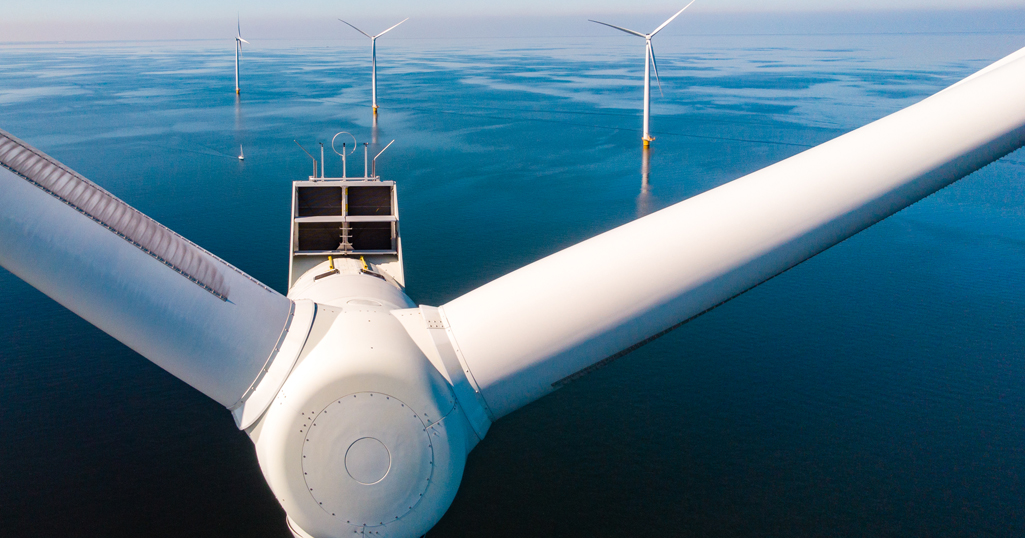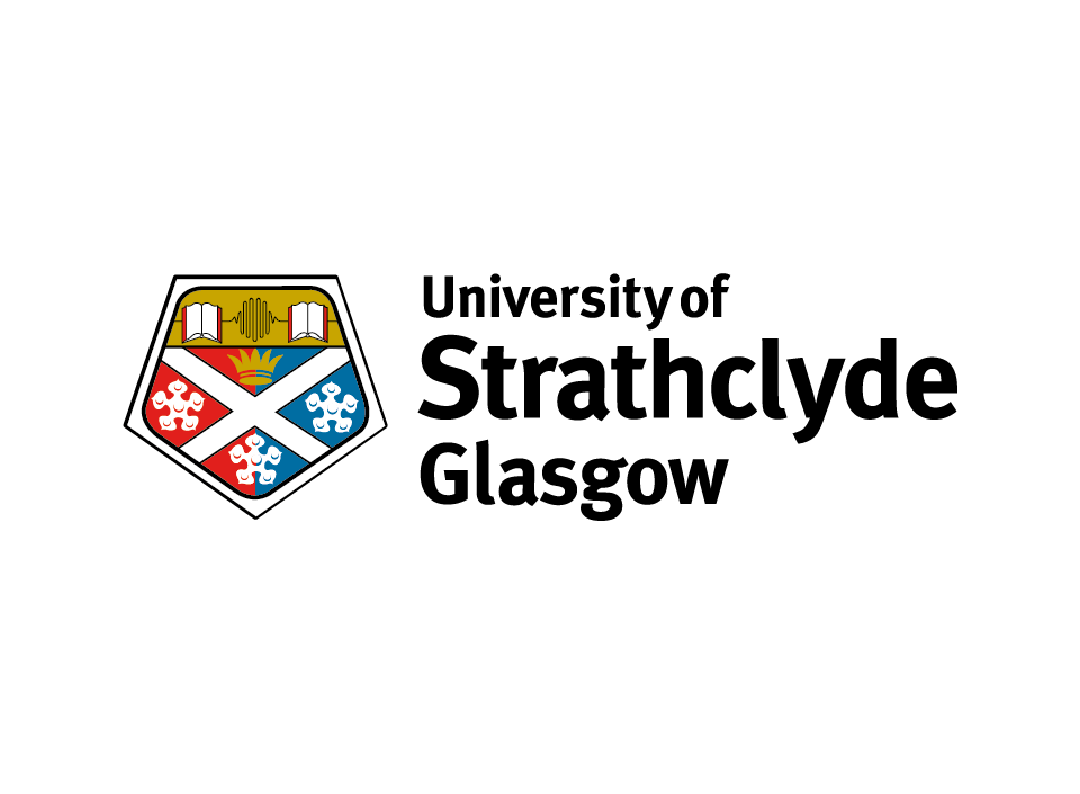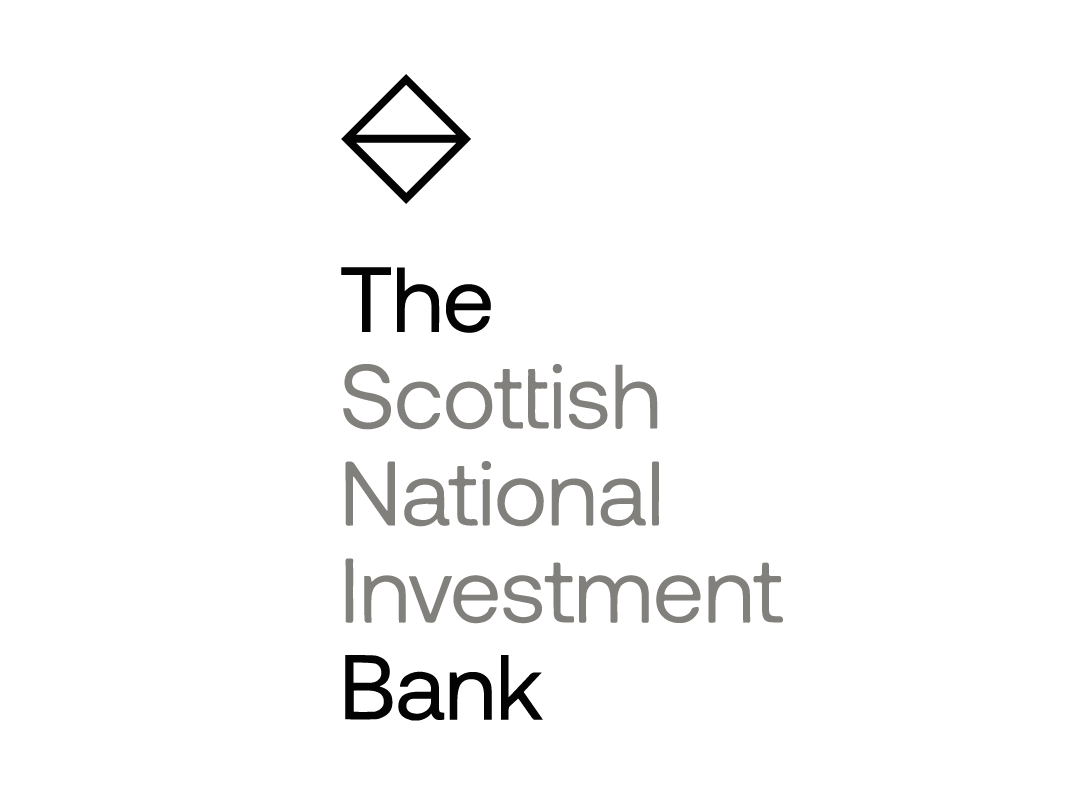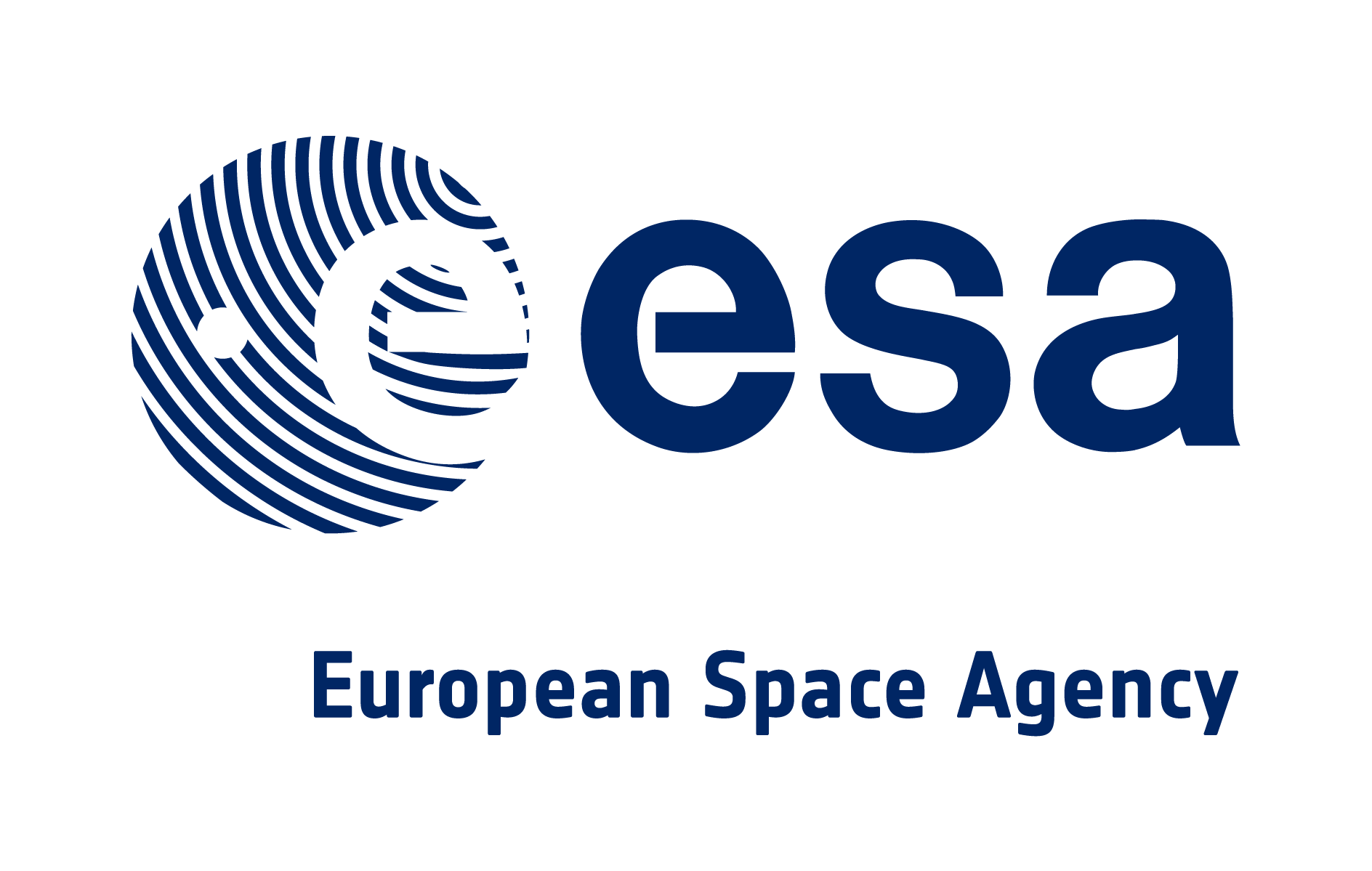The energy sector is moving away from fossil fuels to more sustainable sources in what has been a welcome and well-documented journey. But with work still to do, the world still gets around 80% of its energy supply from fossil fuels.
Alternatives are being sought. As well as wind and wave power, there’s also an increasing demand for green hydrogen, demand for which reached an estimated 87 million metric tons (MT) in 2020, and is expected to grow to 500–680 million MT by 2050. Stumbling blocks do remain in developing projects of such scale, not least having the resilient connectivity in place to fully digitize.
Digitization will speed up the move to renewable energy – but only with seamless, reliable connectivity
Real-time monitoring and control of remote assets, a full overview of KPIs from energy consumption to production, and improved predictive maintenance are all made possible through full digitization of operations and assets. Even the use of digital twins, often a motivating factor for investors looking to support the likes of green hydrogen projects, require data that can be best collected and analyzed through digitized processes.
As well as offering operators the insights required to run sites efficiently and profitably, digitization will also explicitly show how environmentally friendly their practices are, all while reducing the need for team members to make potentially dangerous site visits to sites in remote areas.
While private networks are an option, if extreme weather or coverage downtime occurs, users can lose access to data, information and team members.
Reliable connectivity is important all over the world
With more and more renewable energy projects, including wind farms, being shifted offshore, the remoteness of sites can impact on cellular reliability – and without connectivity, digitization is impossible. Recent outages in Shetland, Canada and elsewhere in the UK highlight the fact that outages can and do happen anywhere.
The value of projects and assets that are involved in renewables projects is such that losing value and productivity because of poor connectivity – which can be solved – is completely unnecessary. Regardless of location, data blind spots can be a thing of the past.
Hybridization of connectivity
Challenges like remote locations and extreme weather mean it’s important to have a resilient solution in place which won’t fail when cellular does.
The Krucial CONNECT solution provides access to cellular AND satellite connectivity, switching automatically between the two depending on which is available. As a result, there is no coverage downtime and no loss of data. The system works on or offshore and even off-grid, meaning even if a power outage strikes, business can continue as usual. Simply connect IoT devices, integrate with existing systems, and start monitoring from anywhere on earth regardless of location or conditions.
Satellite and cellular together in one solution is tried and tested
When a storm hit Shetland earlier this year, cellular connectivity went down. An aquaculture client of Krucial would normally have lost access to their data during this period – missing out on valuable insights. However, by using Krucial’s system, satellite connectivity was automatically engaged and no data was lost – highlighting just how important a resilient communications infrastructure can be.
Transition away from environmentally damaging fuel sources is something that businesses, governments and investors are all prioritizing. Speeding up that process and maximizing the opportunity the challenge presents, however, requires coverage and connectivity all over the world. Krucial makes that happen.
To find out more about Krucial CONNECT, visit Krucial Connect – KRUCIAL.









